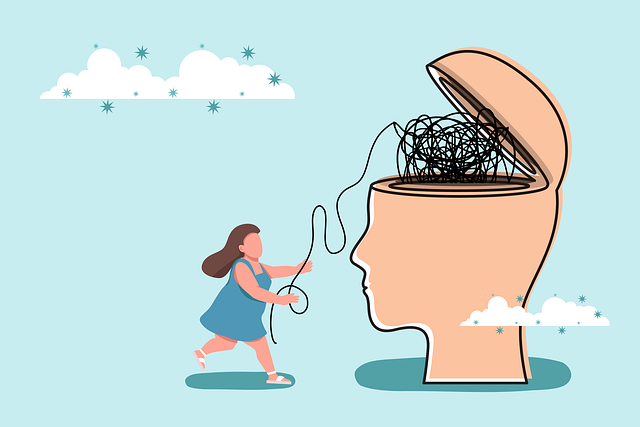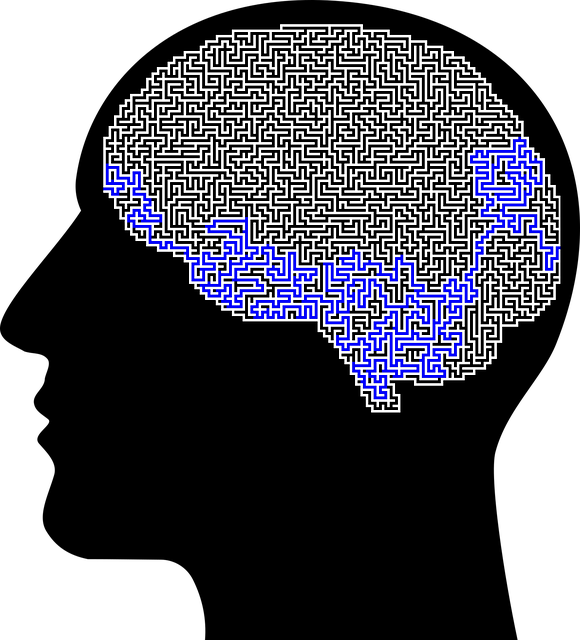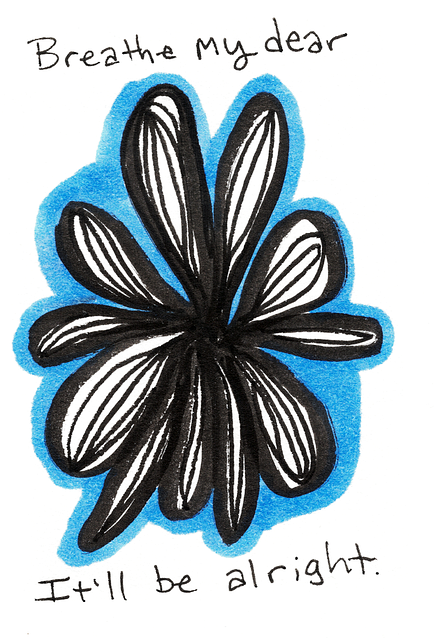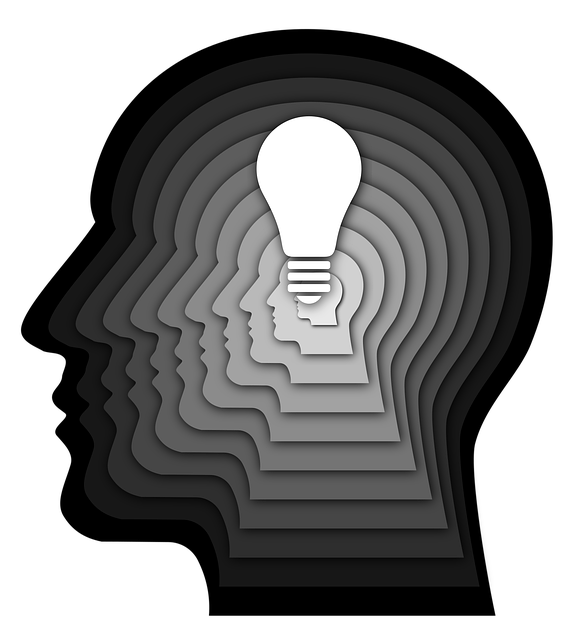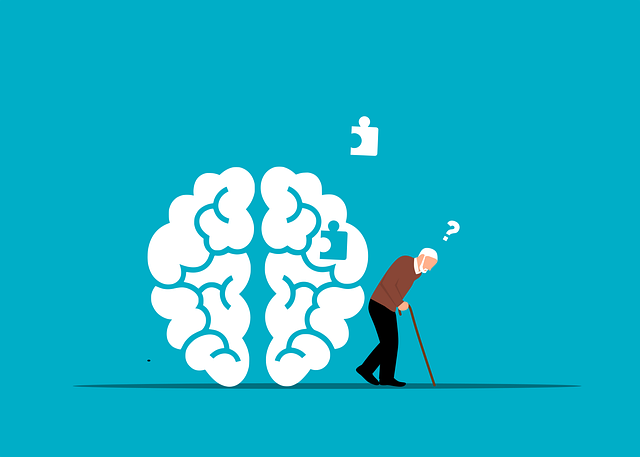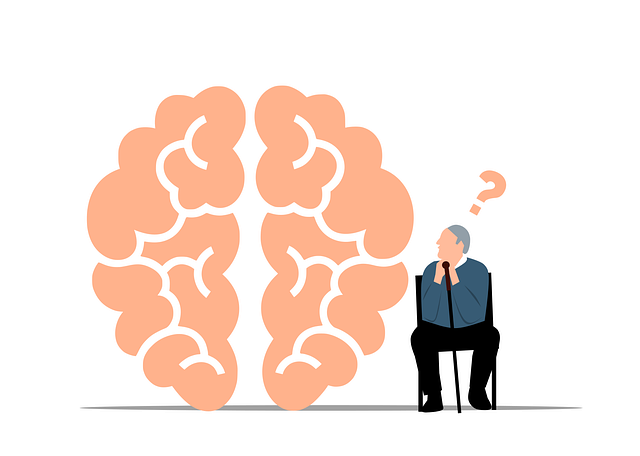Boulder Dialectical Behavioral Therapy (DBT) is a powerful therapeutic approach that teaches coping skills using cognitive-behavioral techniques and mindfulness practices, aiding in emotion regulation and mental wellness. Tailoring these strategies to diverse cultural backgrounds through personalized coaching programs enhances their effectiveness. DBT's focus on conflict resolution skills improves interpersonal relationships. By integrating DBT's four key components—mindfulness, emotional regulation, distress tolerance, and interpersonal effectiveness—into daily life, individuals gain tools for personal growth, better stress management, and improved decision-making, contributing to a robust mental health policy.
Coping skills are essential tools for navigating life’s challenges. This article explores the significance of these skills, focusing on their role in mental well-being and resilience. We delve into the effectiveness of Boulder Dialectical Behavioral Therapy (DBT) in teaching adaptive coping strategies. Furthermore, we provide practical techniques to build a comprehensive coping skills toolkit. By integrating these methods into daily routines, individuals can foster sustained personal growth and better manage life’s stressors.
- Understanding Coping Skills and Their Significance
- The Role of Boulder Dialectical Behavioral Therapy (DBT) in Developing Effective Coping Strategies
- Practical Techniques for Building a Robust Coping Skills Toolkit
- Integrating Coping Skills into Daily Life: Tips for Sustained Growth
Understanding Coping Skills and Their Significance

Coping skills are the strategies we use to navigate life’s challenges and manage our emotional responses. They play a pivotal role in mental wellness, enabling individuals to face stressors, overcome difficulties, and maintain a sense of balance. In the context of Boulder Dialectical Behavioral Therapy (DBT), coping skills development is a cornerstone of therapy. DBT, with its roots in cognitive-behavioral techniques, equips individuals with effective tools to regulate emotions, tolerate distress, and enhance overall well-being.
Cultural sensitivity in mental healthcare practice intertwines with coping skill development, as it involves tailoring approaches to suit diverse backgrounds and experiences. This is where Mental Wellness Coaching Programs Development comes into play, offering personalized strategies that resonate with various cultural contexts. By incorporating conflict resolution techniques within these coaching programs, individuals can learn to navigate interpersonal challenges while fostering positive relationships.
The Role of Boulder Dialectical Behavioral Therapy (DBT) in Developing Effective Coping Strategies

Boulder Dialectical Behavioral Therapy (DBT) has emerged as a powerful tool in the arsenal of mental health professionals, offering profound benefits for individuals seeking to develop effective coping strategies. This therapeutic approach, pioneered by Dr. Marsha Linehan, integrates cognitive-behavioral techniques with mindfulness practices, empowering clients to regulate emotions and navigate challenges with greater ease. DBT is particularly effective in addressing complex issues such as emotion dysregulation, which often underlies a range of mental health disorders.
Through its structured modules, Boulder DBT guides participants in learning valuable skills like mindfulness meditation, distress tolerance, emotional regulation, and interpersonal effectiveness. These skills are taught within a supportive environment, fostering an individual’s ability to manage intense emotions, reduce impulsive behaviors, and improve relationships. The integration of these coping mechanisms not only enhances overall mental well-being but also provides individuals with the resilience needed to advocate for their mental health, especially in navigating complex systems like the Mental Health Policy Analysis and Advocacy arena. By boosting confidence and self-efficacy, Boulder DBT equips individuals with the tools to make positive changes and lead more fulfilling lives.
Practical Techniques for Building a Robust Coping Skills Toolkit

Developing a robust coping skills toolkit is akin to equipping yourself with a versatile set of tools for navigating life’s challenges, much like Boulder Dialectical Behavioral Therapy (DBT) offers. This therapy type provides practical techniques that empower individuals to manage emotions and distress effectively. One such technique involves mindfulness practices, which encourage staying grounded in the present moment, helping to reduce reactive behaviors.
Additionally, compassion cultivation practices play a significant role in building emotional resilience. By fostering self-compassion and extending kindness towards others, individuals can enhance their ability to cope with life’s ups and downs. These skills are not just beneficial for depression prevention but also contribute to overall mental well-being. Incorporating strategies from DBT into daily routines allows for better stress management and improved decision-making, ultimately supporting a healthy mental health policy analysis and advocacy.
Integrating Coping Skills into Daily Life: Tips for Sustained Growth

Integrating coping skills into daily life is a crucial step for sustained personal growth and well-being. Inspired by Boulder Dialectical Behavioral Therapy (DBT), individuals can adapt these techniques to navigate life’s challenges effectively. DBT emphasizes mindfulness, emotional regulation, distress tolerance, and interpersonal effectiveness—four key components that empower individuals to manage intense emotions, reduce impulsive behaviors, and improve relationships. By incorporating these skills into routine activities, individuals foster mental wellness and find better ways to cope with stress, anxiety relief becoming more attainable.
For practical application, start small by dedicating a few minutes each day to mindfulness exercises, like deep breathing or body scans, to cultivate present-moment awareness. Incorporate regular physical activity, as it’s an excellent distress tolerance mechanism that releases endorphins and promotes mental clarity. Keep a journal to track thoughts and emotions, enhancing self-awareness and interpersonal effectiveness through thoughtful communication. Engage in activities that bring joy and fulfillment, nurturing a positive mindset. Finally, seek support from friends, family, or consider joining a Mental Wellness Podcast Series Production for additional resources tailored to your unique needs.
Coping skills development is an essential journey towards enhancing mental resilience. By understanding the significance of these skills, individuals can harness their power to navigate life’s challenges effectively. The article has explored various aspects, from the foundational knowledge of coping strategies to practical techniques and their integration into daily routines. Boulder Dialectical Behavioral Therapy (DBT) emerges as a powerful tool, offering structured approaches to building emotional intelligence and adaptive coping mechanisms. Through practical application and sustained effort, individuals can create a robust coping skills toolkit, fostering personal growth and overall well-being.




